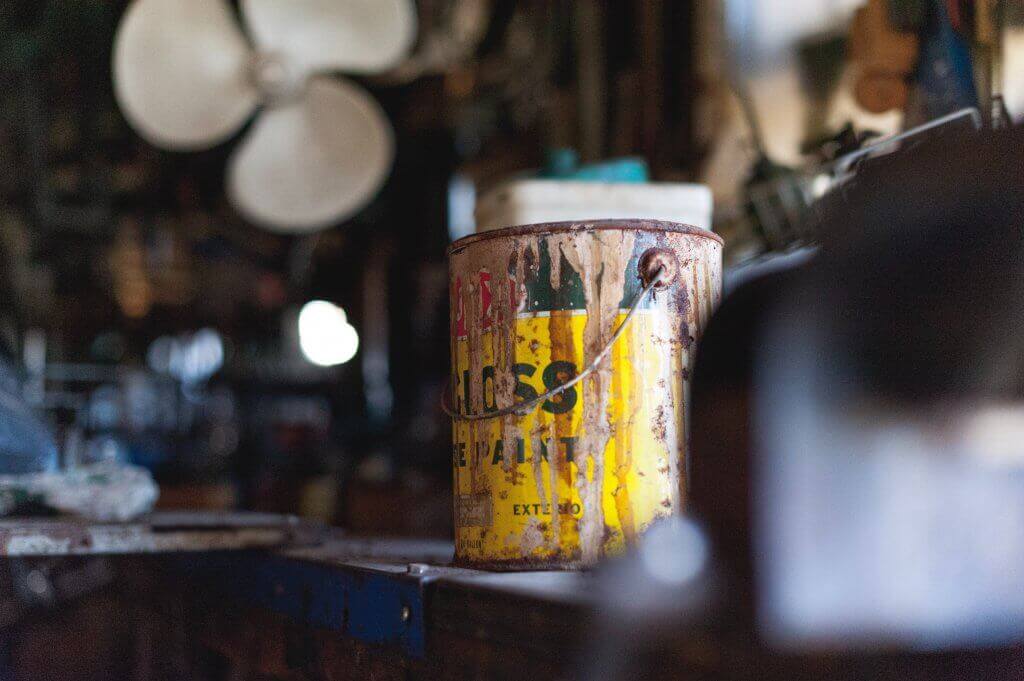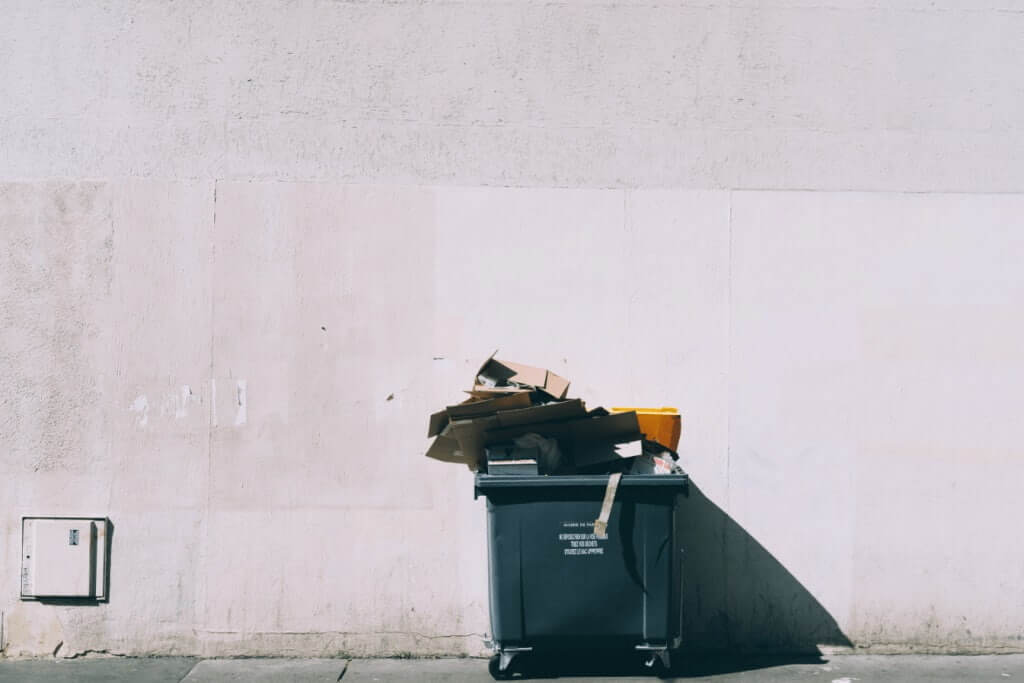Multifamily buildings produce a lot of waste and believe it or not, the risk of coming in contact with a harmful material is high. While most things can safely be thrown away with normal trash, a lot of dangerous items are hiding in plain sight and often get thrown in the mix. So who is in charge of disposing of hazardous material?
Property managers and building owners are responsible for teaching their tenants about hazardous items and how to safely dispose of those materials. If property managers properly educate their tenants on how to handle hazardous waste, they can ensure their residents will stay healthy.
These helpful tips from The Cooperator Chicagoland can help you properly dispose of dangerous material to keep your residents safe.

Identifying Hazardous Material
So how do you know which materials are hazardous? While a lot of things can potentially be harmful, the best rule of thumb is to not dispose of anything that’s an electronic, oil, or a chemical. According to LiveScience, these common household items should not be thrown into the regular waste bin:
- Motor oil
- Electronics
- Paint
- Batteries
- Light bulbs
- Smoke detectors
- Mercury thermometers
How Do You Mitigate the Risk?
Property managers need to take responsibility for teaching tenants about materials that pose potential threats. You can coordinate with local pickups in the community, who can then help dispose of hazardous items. Property managers should safely collect hazardous material themselves if local pickups are unable to service the building frequently.
Stay on the Safe Side
Of course, small slip-ups happen and they certainly are not the end of the world. But the continuous improper disposal of hazardous materials can have long-term health risks and even cause physical harm. If property managers or tenants come across waste that could potentially be harmful (like a rusted can) it’s best to call hazardous material experts, instead of trying to dispose of it yourself.
Even if it doesn’t end up being dangerous, it’s better to be safe than sorry.

Property managers are always aiming to better their communities for tenants new and old. Becoming a Property Partner with Move Matcher is just another way property managers and leasing professionals are making life easier for their residents, and for themselves.
Learn more about becoming a Move Matcher Property Partner.




